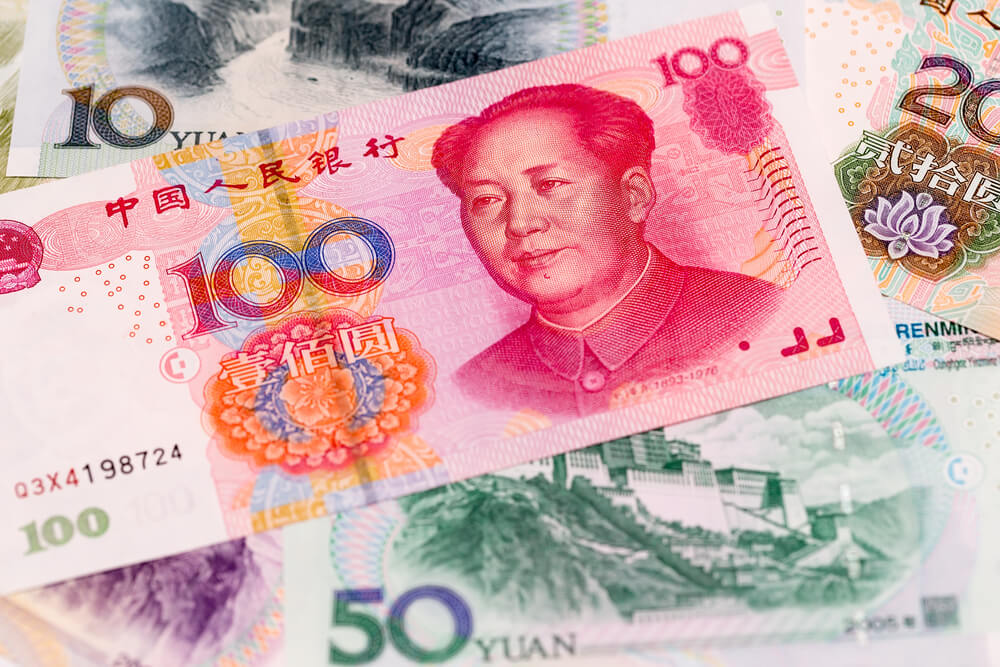The Trump administration has again decided not to brand China a currency manipulator. But the U.S. is targeting China and five others for special monitoring for what the administration says are practices that are worsening America’s trade deficit.
In a report issued Wednesday, the administration says no country meets the criteria to be labeled a currency manipulator. But the report says that six nations — China, Germany, India, Japan, South Korea and Switzerland — will remain on a watch list subjecting them to added U.S. pressure to lower trade surpluses.
The Treasury Department report says the administration will closely monitor the recent depreciation of Beijing’s currency, which it said would likely worsen America’s trade deficit with China — which is already at record levels.
Treasury Secretary Steven Mnuchin said China’s lack of transparency and the recent weakness of its currency were of particular concern to the administration.
“These pose major challenges to achieving fairer and more balanced trade and we will continue to monitor and review China’s currency practices including through ongoing discussions with the People’s Bank of China,” Mnuchin said in a statement accompanying the report.
During the 2016 presidential campaign, Donald Trump vowed to name China a currency manipulator as soon as he took office. But so far, the administration has passed up four opportunities to do so in a report that the administration is required by law to deliver to Congress every six months.
Instead, the administration has accused Beijing of various trade infractions and imposed billions of dollars of tariffs on Chinese goods coming into the United States. China has retaliated, sparking a trade war between the world’s two biggest economies.
The United States has imposed tariffs on about $250 billion in Chinese goods, and Beijing has responded by targeting about $110 billion in U.S. products.
The Trump administration contends that China is using predatory practices to challenge American technological dominance. These include hacking into U.S. companies’ computers to steal trade secrets and forcing American firms to hand over technology to China in exchange for access to the Chinese market.
America incurred a goods deficit of $375.9 billion with China last year, the largest imbalance with any nation. That represented nearly half of America’s total global trade deficit in goods of $807.5 billion.
Trump has blamed the huge deficits for the loss of millions of manufacturing jobs and vowed to attack unfair trade practices and renegotiate trade deals on better terms for the United States.
While many economists believe the administration’s approach will fail to lower America’s huge trade deficits, some critics have faulted the administration for not being tougher by branding the country a currency manipulator.
“One of Trump’s most emphatic campaign promises was to declare China a currency manipulator on Day One,” said Lori Wallach, director of Public Citizen’s Global Trade Watch. “But Trump’s Treasury secretary has chosen to rely on criteria created by previous administrations to ensure no action is taken.”
No country has been labeled a currency manipulator by the United States since the Clinton administration tagged China in 1994. Such a designation subjects a country to negotiations in an effort to lower the trade gap.
If the U.S. is not satisfied with the trade concessions offered by the targeted country, it can impose punitive tariffs, although the offending country can appeal to the Geneva-based World Trade Organization.
The new report said America’s trade deficit has continued to widen this year, partly reflecting stronger growth in the United States than many other nations, but also “persistent trade and investment barriers in many economies, along with sustained undervaluation of many currencies.”
© The Associated Press. All rights reserved.
